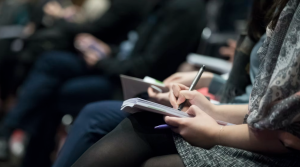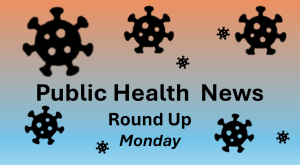
Why the World is Losing the Fight Against Measles
The global fight against measles, once on the verge of being won, is witnessing alarming setbacks. Recent data and reports highlight a disturbing trend: the resurgence of measles outbreaks, driven by vaccine hesitancy and misinformation. This article explores why the world is struggling to keep measles in check and what it means for public health.
Understanding the Resurgence
According to a report by the BBC, the rise in measles cases in the UK is a direct consequence of declining vaccination rates. This pattern is not unique to the UK; it mirrors a global trend observed in several countries, including the US and parts of Europe.
The factors contributing to this resurgence are complex. Vaccine hesitancy, fueled by misinformation and distrust in public health initiatives, plays a critical role. Social media platforms are often the breeding ground for myths about vaccine safety, which are spreading faster than ever.
The Public Health Implications
The resurgence of measles is a public health emergency. As public health systems worldwide grapple with multiple challenges, including pandemic recovery and healthcare funding cuts, the added burden of preventable diseases like measles poses a significant risk.
The World Health Organization (WHO) estimates measles caused over 140,000 deaths worldwide in 2024, predominantly among children under the age of five, highlighting the fatal impact of this disease.
Challenges in Vaccine Implementation
Implementing widespread immunization programs poses logistical and economic challenges. In regions with weak healthcare infrastructure, reaching remote populations remains a significant hurdle. Moreover, global funding for vaccine programs has seen cuts, compounding these challenges.
The UN has emphasized the need for urgent funding to bridge the gap in vaccine coverage, especially in low-income countries.
Lessons and Strategies for the Future
To combat the resurgence of measles, several strategies must be implemented:
- Enhance Community Engagement: Public health campaigns must focus on building trust within communities through transparency and education.
- Strengthen Global Health Policy: International cooperation is crucial to ensure equitable vaccine distribution and combat misinformation.
- Innovative Communication: Utilizing digital platforms for accurate information dissemination can counteract pervasive myths.
The Role of Healthcare Professionals
Healthcare professionals play a pivotal role in advocating for vaccination. Their engagement in community outreach programs can dispel myths, reassure the public about vaccine safety, and encourage higher uptake.
As global citizens, understanding the interconnectedness of health security challenges — like measles — within the broader context of public health ensures a more robust defense against the potential resurgence of other preventable diseases.
Conclusion
The fight against measles underscores a larger struggle in public health: the battle against misinformation and inequity. Strengthening trust in vaccines and healthcare professionals, coupled with cohesive global efforts, will be instrumental in reclaiming lost ground in the fight against measles, saving millions of lives, and securing the health of future generations.


